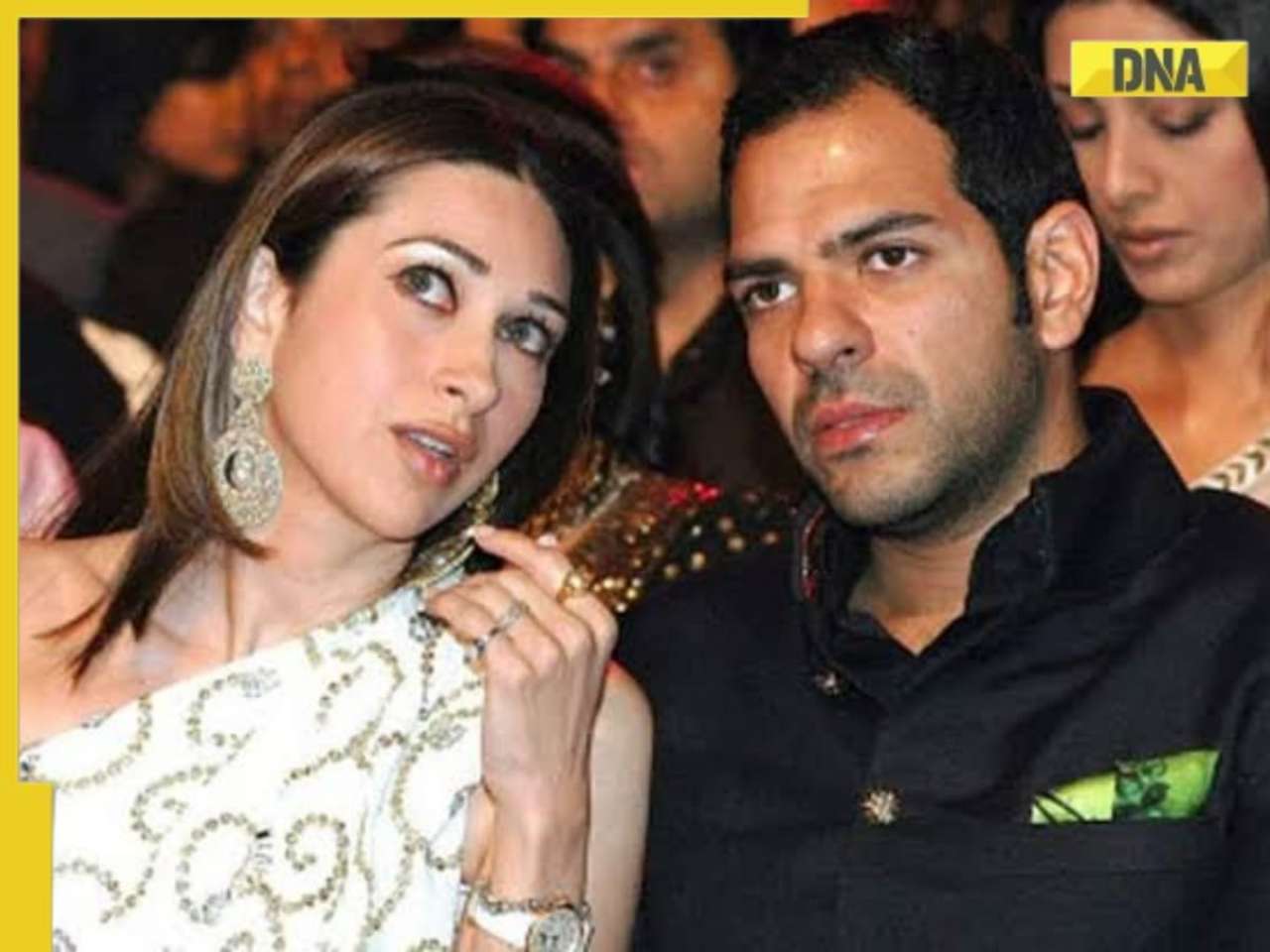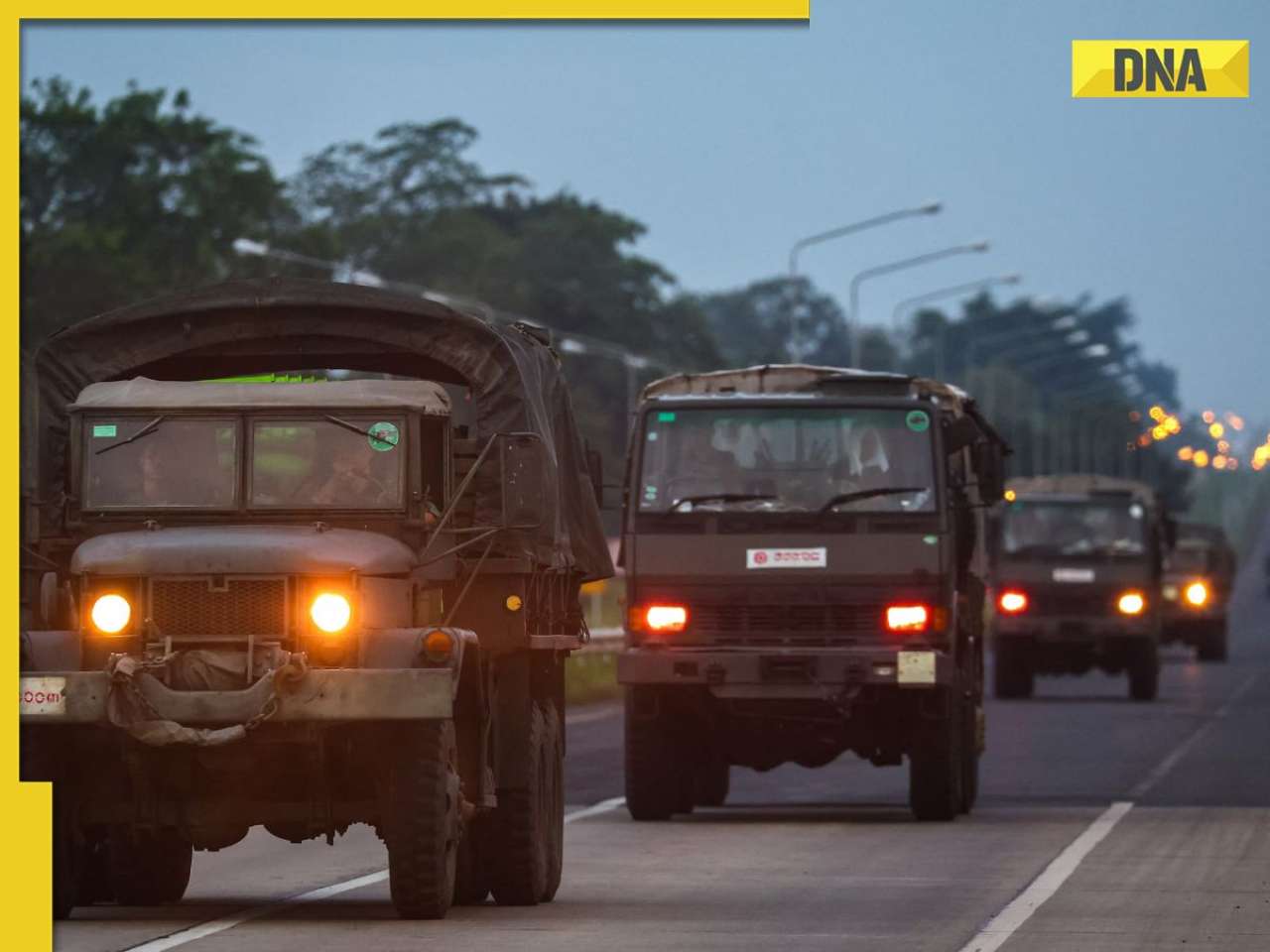Gravity is not the problem, but the cosmic rays pose a threat. The rays with high-energy particles are dense and travel at the speed of light through space.
Full-term pregnancy and childbirth in space worries experts as the space agencies gear up for manned missions to Mars. In a round-trip to Mars, which could take as long as nine months, conception might be difficult for noted scientists. Due to microgravity, the embryo implants can be difficult, but once they happen, the pregnancy could likely proceed smoothly. However, scientists warn that childbirth in space would be significantly more complicated considering the zero-gravity environment.
Scientist Arun V Holden, in his recent research, found that delivery and infant care would be tough with fluids and people floating without gravity. While the positioning and feeding would become a daunting task in space. The foetus will experience a microgravity-like environment in the womb, with amniotic fluid, which is neutrally buoyant. The micro-gravity-like environment will cushion and suspend the foetus, similar to the weightlessness astronauts feel in space. Holden says gravity is not the problem; the cosmic rays pose a threat. The rays with high-energy particles are dense and travel at the speed of light through space. It can damage cells when they collide with the human body. The exposure to these rays would have lasting effects on both mother and foetus in deep space missions.
Reportedly, the initial weeks of pregnancy will be super critical as embryonic cells are rapidly dividing, migrating, and forming tissues. The first month post-fertilisation is especially vulnerable to cosmic radiation. However, if it happens, it might cause a miscarriage that goes unnoticed. As pregnancy progresses, with the fetus and uterus growing rapidly can become a larger target for cosmic rays.
A cosmic ray hit to the uterine muscle could lead to premature labour. Further, the baby born in space is susceptible to facing unique developmental challenges owing to microgravity. The zero-gravity environment is likely to interfere with the development of postural reflexes and coordination. The child’s ability to learn essential motor skills like lifting its head, sitting up, crawling, and walking will also be affected.
The cosmic radiation affecting childbirth doesn’t stop there, but would still affect the baby’s brain, and prolonged exposure would cause permanent damage, affecting cognition, memory, behaviour, and long-term health. In a nutshell, having a baby in space is theoretically possible; however, there are numerous challenges to overcome, becoming a super complex issue.
Find your daily dose of All
Latest News including
Sports News,
Entertainment News,
Lifestyle News, explainers & more. Stay updated, Stay informed-
Follow DNA on WhatsApp. When Sumona Chakravarti shared how she went from Ram Kapoor's sister to Kapil Sharma's wife: 'His partners never...'
When Sumona Chakravarti shared how she went from Ram Kapoor's sister to Kapil Sharma's wife: 'His partners never...' Renowned Indian astrologer predicts another temple stampede, warns against traveling to these areas in 2025
Renowned Indian astrologer predicts another temple stampede, warns against traveling to these areas in 2025 'I'm sorry, study my...': New York shooter leaves CHILLING suicide note, says he had this disease
'I'm sorry, study my...': New York shooter leaves CHILLING suicide note, says he had this disease Big blow to Kolkata Knight Riders as IPL-winning coach part ways after 4 years due to...
Big blow to Kolkata Knight Riders as IPL-winning coach part ways after 4 years due to... Meet woman who is from small town, didn't settle for IRTS, cracked UPSC again to become...
Meet woman who is from small town, didn't settle for IRTS, cracked UPSC again to become...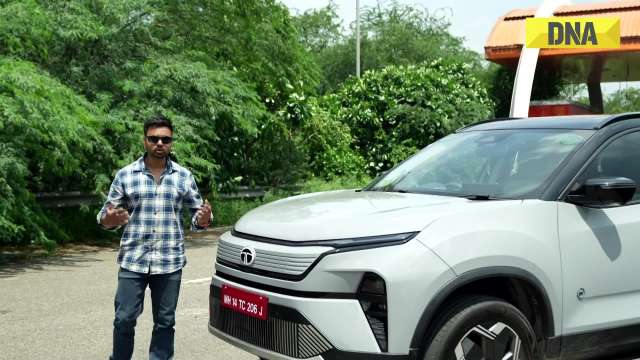 Tata Harrier EV Review | Most Advanced Electric SUV from Tata?
Tata Harrier EV Review | Most Advanced Electric SUV from Tata?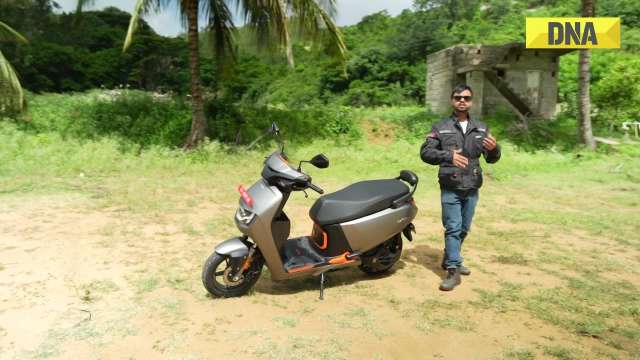 Vida VX2 Plus Electric Scooter Review: Range, Power & Real-World Ride Tested!
Vida VX2 Plus Electric Scooter Review: Range, Power & Real-World Ride Tested!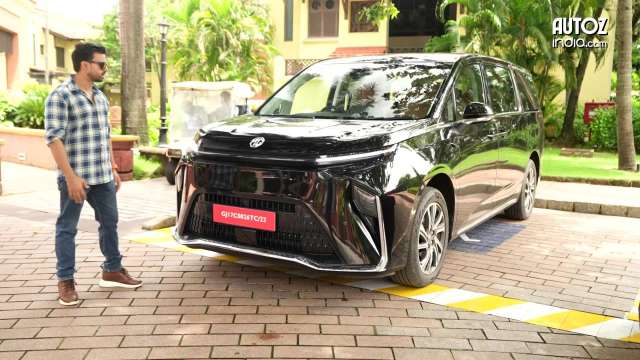 MG M9 Electric Review | Luxury EV with Jet-Style Rear Seats! Pros & Cons
MG M9 Electric Review | Luxury EV with Jet-Style Rear Seats! Pros & Cons Iphone Fold: Apple’s iPhone Fold Could Solve Samsung’s Biggest Foldable Problem | Samsung Z Fold 7
Iphone Fold: Apple’s iPhone Fold Could Solve Samsung’s Biggest Foldable Problem | Samsung Z Fold 7 Trump News: Congress Seeks Answers On Trump's Alleged Mediation In Operation Sindoor
Trump News: Congress Seeks Answers On Trump's Alleged Mediation In Operation Sindoor Mukesh Ambani-owned RIL signs deal with ONGC, to explore ... from...
Mukesh Ambani-owned RIL signs deal with ONGC, to explore ... from... Mukesh Ambani launches JioPC AI cloud computer at Rs...; check plans, benefits, more
Mukesh Ambani launches JioPC AI cloud computer at Rs...; check plans, benefits, more Elon Musk's Tesla set to open another flagship showroom in this Indian city, not Noida, Bengaluru, Chennai
Elon Musk's Tesla set to open another flagship showroom in this Indian city, not Noida, Bengaluru, Chennai Meet man, who studied abroad, returned to India to build Rs 449 crore company after failed venture, he is..., net worth is Rs...
Meet man, who studied abroad, returned to India to build Rs 449 crore company after failed venture, he is..., net worth is Rs... 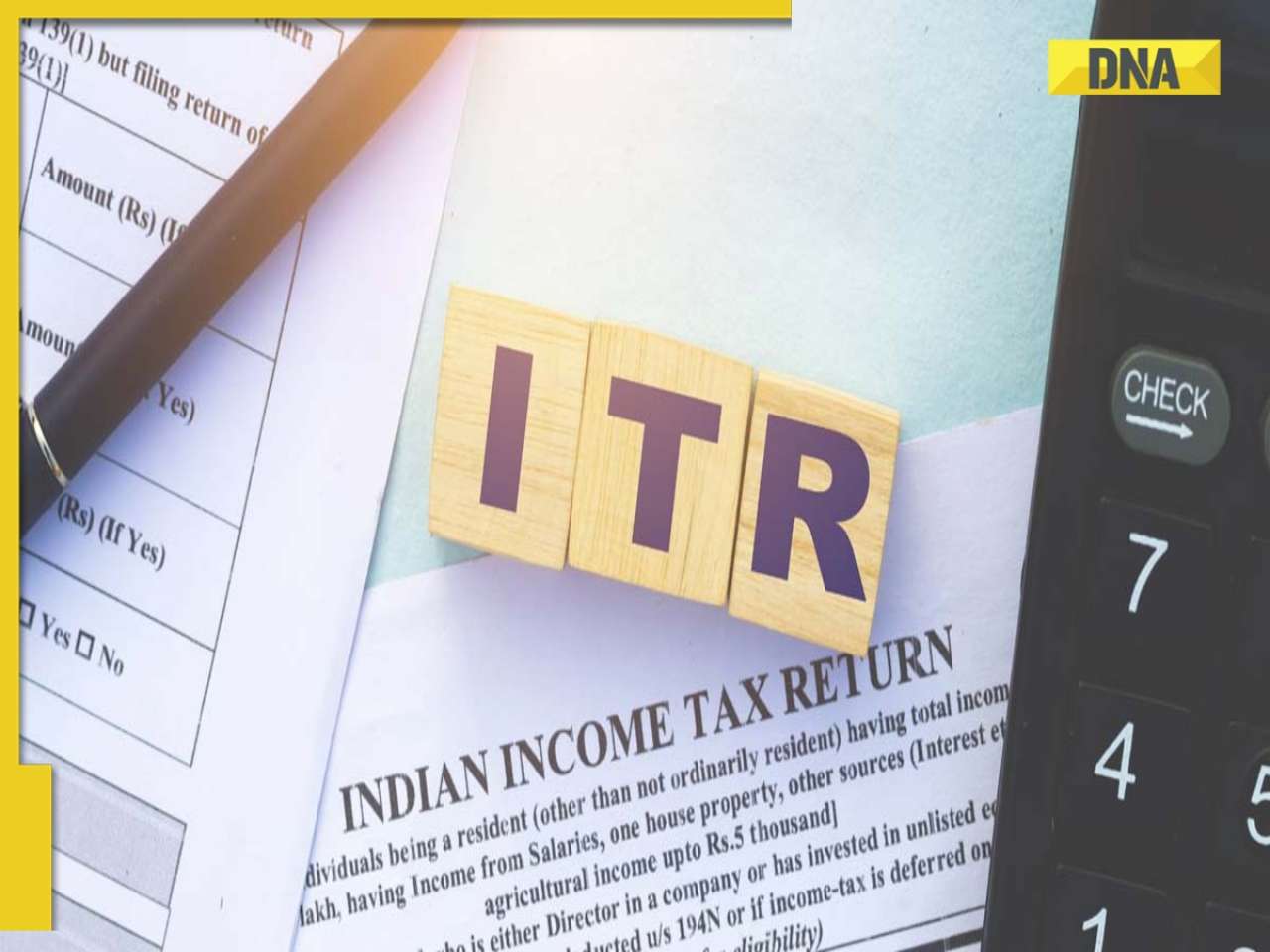 ITR Filing AS 2025-26: Will Income Tax Department extend deadline again? Here are reasons...
ITR Filing AS 2025-26: Will Income Tax Department extend deadline again? Here are reasons... Raksha Bandhan 2025: Top 5 getaways to celebrate sibling bond
Raksha Bandhan 2025: Top 5 getaways to celebrate sibling bond Narayana Murthy’s parenting advice: 7 common mistakes every parent should avoid
Narayana Murthy’s parenting advice: 7 common mistakes every parent should avoid  Jr NTR’s net worth: A peek into his Rs 500 crore fortune, luxury cars, investments and more
Jr NTR’s net worth: A peek into his Rs 500 crore fortune, luxury cars, investments and more Step inside Virender Sehwag’s Rs 130 crore Delhi mansion with 12 lavish rooms, trophy room, private temple, and luxury garage
Step inside Virender Sehwag’s Rs 130 crore Delhi mansion with 12 lavish rooms, trophy room, private temple, and luxury garage Like Ahaan Panday, these Bollywood stars have private Instagram handles
Like Ahaan Panday, these Bollywood stars have private Instagram handles Renowned Indian astrologer predicts another temple stampede, warns against traveling to these areas in 2025
Renowned Indian astrologer predicts another temple stampede, warns against traveling to these areas in 2025 Pakistan-Bangladesh nexus exposed, India's neighbours allow visa-free entry for each other, how will it affect
Pakistan-Bangladesh nexus exposed, India's neighbours allow visa-free entry for each other, how will it affect This temple opens only on Nag Panchmi, know reason behind, significance
This temple opens only on Nag Panchmi, know reason behind, significance Separatist leader writes to Speaker, wants independence of Balochistan to be discussed in Lok Sabha, accuses Pakistan of terrorism
Separatist leader writes to Speaker, wants independence of Balochistan to be discussed in Lok Sabha, accuses Pakistan of terrorism 'Pakistan is Congress’ mistake': Union Home Minister Amit Shah trains gun on Opposition in Lok Sabha
'Pakistan is Congress’ mistake': Union Home Minister Amit Shah trains gun on Opposition in Lok Sabha Meet woman who is from small town, didn't settle for IRTS, cracked UPSC again to become...
Meet woman who is from small town, didn't settle for IRTS, cracked UPSC again to become... UPSC EPFO 2025 recruitment begins for 230 vacancies; check steps to apply, eligibility, last date, and more
UPSC EPFO 2025 recruitment begins for 230 vacancies; check steps to apply, eligibility, last date, and more Where is Nalin Khandelwal, the 2019 NEET UG topper? What is he doing now?
Where is Nalin Khandelwal, the 2019 NEET UG topper? What is he doing now?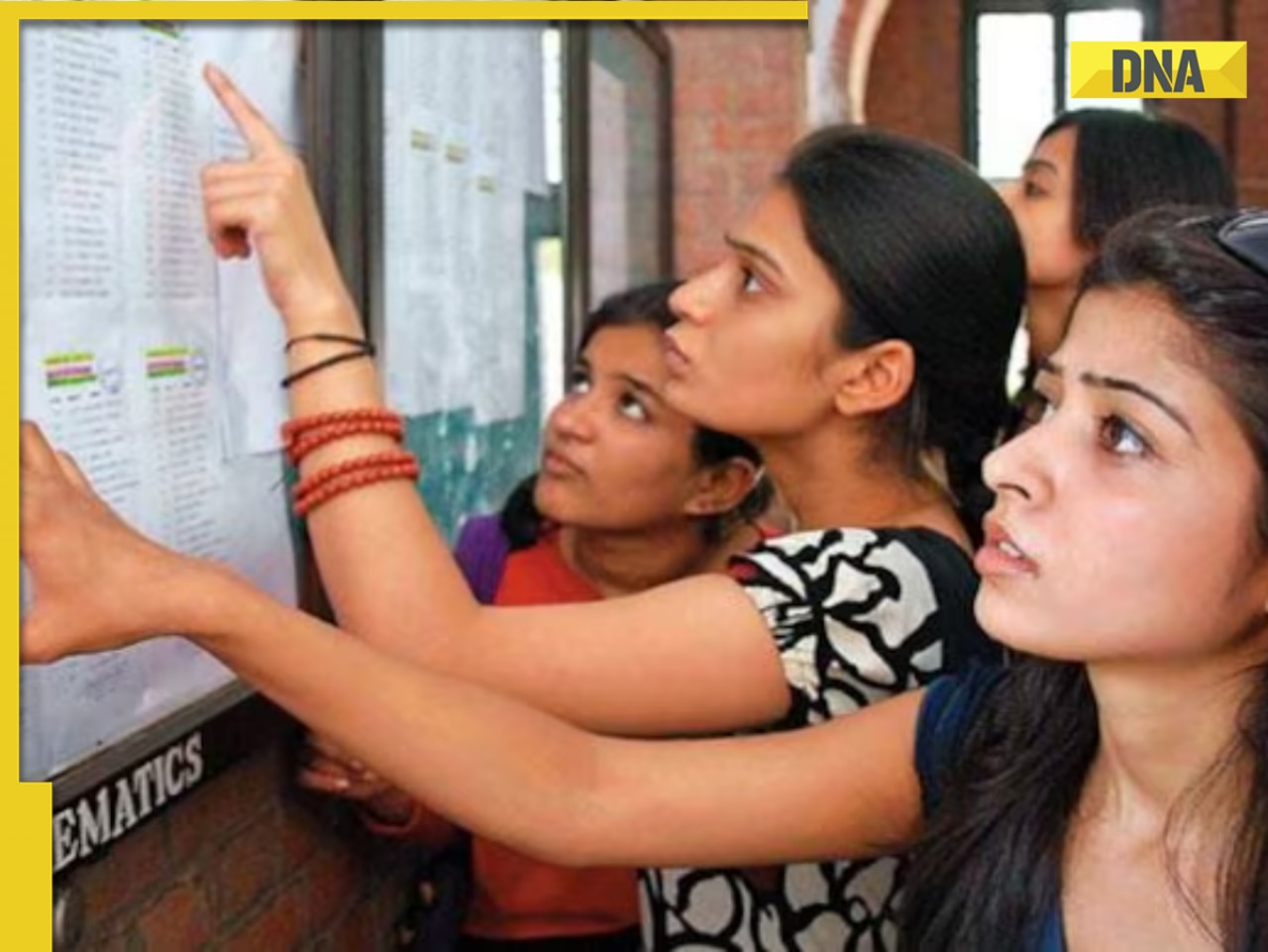 Delhi University UG admissions 2nd allotment list released, here's how you can download it
Delhi University UG admissions 2nd allotment list released, here's how you can download it Father priest, mother daily wager: Meet three sisters who cracked UGC NET exam in first attempt, they are from...
Father priest, mother daily wager: Meet three sisters who cracked UGC NET exam in first attempt, they are from... Maruti Suzuki's e Vitara set to debut electric market at Rs..., with range of over 500 km, to launch on...
Maruti Suzuki's e Vitara set to debut electric market at Rs..., with range of over 500 km, to launch on...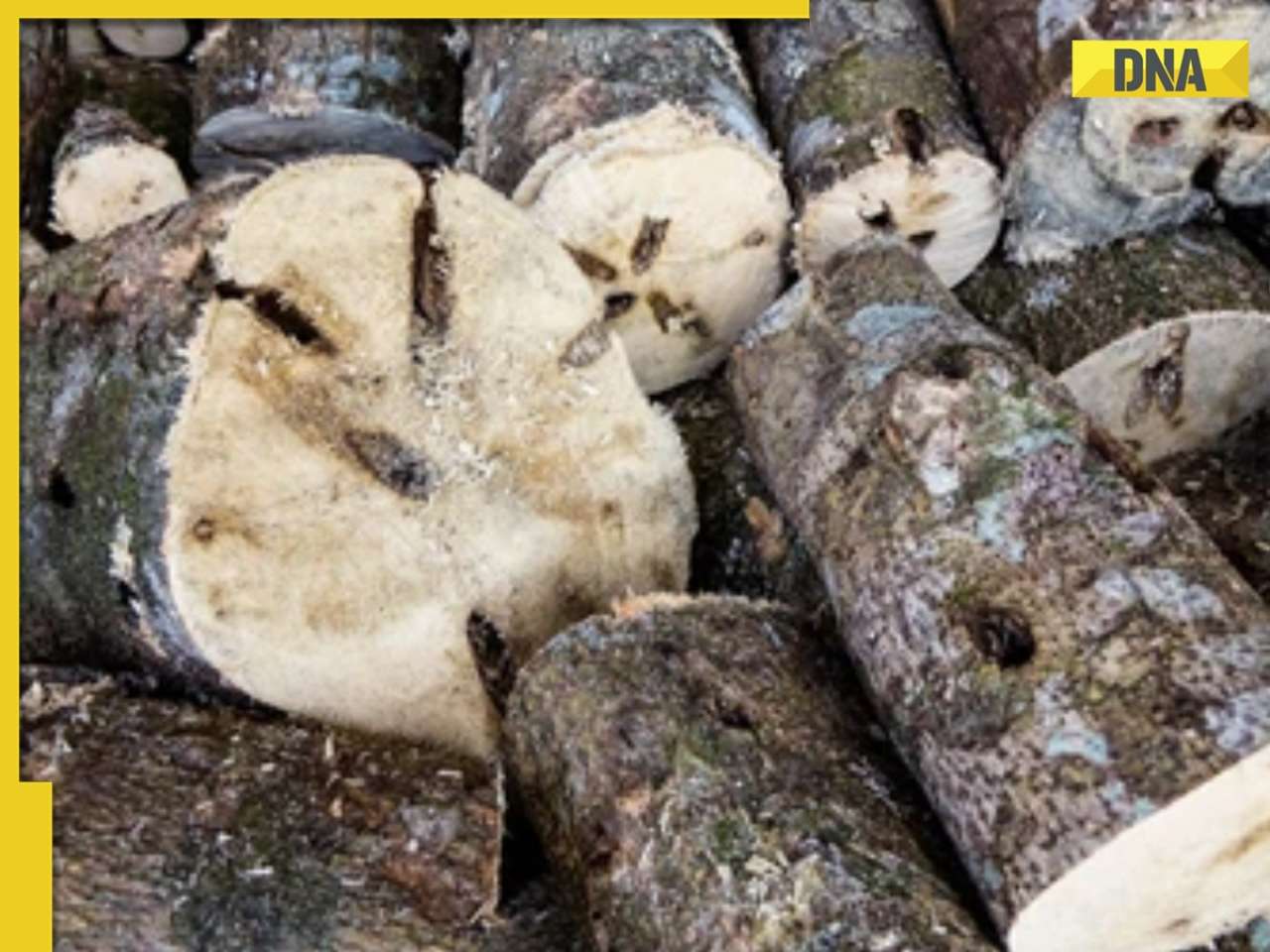 This is world’s most expensive wood, cost of 1kg wood is more than gold, its name is..., is found in...
This is world’s most expensive wood, cost of 1kg wood is more than gold, its name is..., is found in... This luxury car is first choice of Indians, even left BMW, Jaguar, Audi behind in sales, it is...
This luxury car is first choice of Indians, even left BMW, Jaguar, Audi behind in sales, it is... Kia India unveils Carens Clavis: Check features, design changes, price and more; bookings open on...
Kia India unveils Carens Clavis: Check features, design changes, price and more; bookings open on... Tesla CEO Elon Musk launches most affordable Cybertruck, but it costs Rs 830000 more than older version, it is worth Rs...
Tesla CEO Elon Musk launches most affordable Cybertruck, but it costs Rs 830000 more than older version, it is worth Rs...









)
)
)
)
)
)
)
)
)
)
)
)
)
)
)
)


